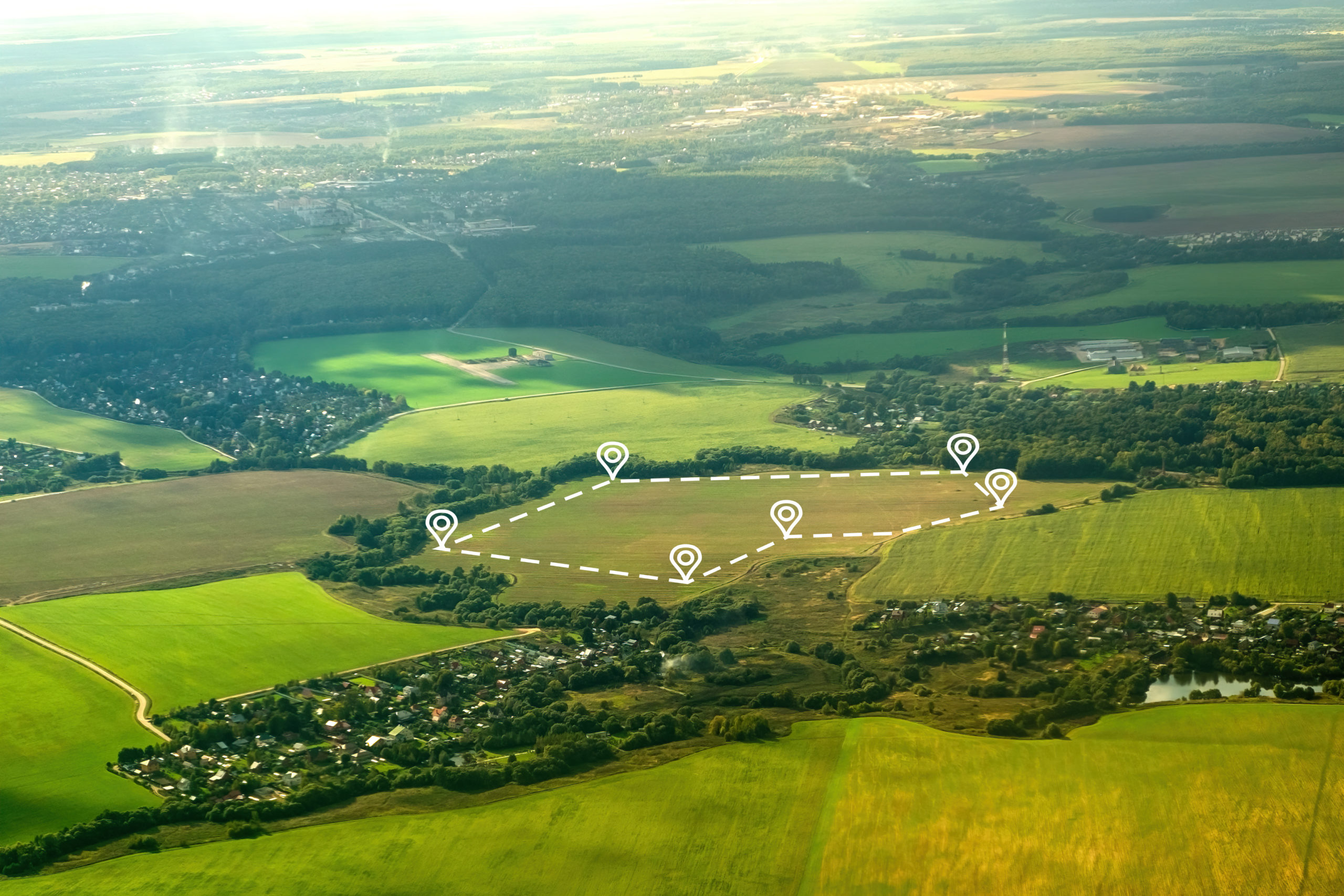With changes to reliefs or exemptions from IHT and Capital Gains Tax signalled by the... Read more
Land Market Review & Predictions
National Review
The review of the 2022 land market reports that the average price per acre for arable land was £10,600/ acre nationally (a 12% increase on 2021). Pasture land averaged £8,500/ acre (a 13% increase). These are strong figures which again show the resilience of land prices against a turbulent macro-economic backdrop.
The strong land price is generally driven by the supply and demand imbalance. In simple terms, there is good demand and very short supply which leads to higher prices.
Again, looking at the national picture, in 2022, 30% of transactions were purchased by either private or institutional investors. This type of purchaser generally left the market 5-10 years ago, but an uncertain economic climate has bought them back in numbers. There was also very strong demand in certain areas from tax-driven rollover buyers and also from farmers looking to expand.
Local Review
The local Yorkshire picture is not dissimilar and those farmers reading this will be fully aware of the strength of the rollover buyer in certain areas. Location is therefore key to the price as is the quality of the land. 2022 saw fantastic prices achieved for good quality arable and pasture land in Yorkshire. Less well reported were the sales at the lower end of the value scale of the poorer quality land.
We saw vendors in 2022 come from retirement sales, from farmers refinancing and also from those non-farming landowners looking to reinvest their funds elsewhere.
Predictions
As we are all too aware, the economics of farming are likely to be further pressurised in the next few years. Support systems are reducing and replaced at much lower levels with a far greater management responsibility and the wheat price is anyone’s guess at any given moment. Due to the cashflows associated and the way farming works, it has always been high risk, we would suggest it is riskier than ever at the current time.
Demand – We see that demand for farmland is likely to remain strong in the short term for various reasons:
- Land is very much seen as a safe investment and we don’t see investors running away throughout 2023.
- Rollover buyers look as prevalent as ever and they all come with a 3 year timeframe meaning they are often in a rush.
- Farmers will also continue to purchase land in 2023 in our view. On the back of a strong 2022 harvest, there are those in the agricultural world who are looking to expand to survive and benefit from the economies of scale.
Supply – We see that supply is likely to increase in the short to medium term for a number of reasons.
- Interest rates are much higher than they have been for the last 10 years. Those on variable rates are therefore experiencing significantly increased interest costs.
- The higher risk game of farming has pushed those with no followers into an earlier than anticipated retirement – some of these retirements undoubtedly lead to sales.
- We expect that the pressures on farming incomes will be tested in the coming years and this could worsen some already precarious situations.
Tax Implications of a Sale
The current Inheritance Tax rules meaning that any agricultural property on your death obtains 100% relief through Agricultural Property Relief is a very helpful and necessary relief to allow farming families to continue without large tax burdens on a death. It does however mean those that are looking to retire/sell often do not in order to keep hold of the assets and pass them onto the next generation tax-free.
There is a thought process in the industry that these rules make it very attractive to own land and are therefore holding up the demand side of the land market.
A Labour government looks to be incoming in 2025 at the latest and even if they don’t win the next election, there is increasing pressure on these reliefs as the Government looks to claw back as much as possible after the significant spending over the Covid years.
Values are still very high and increasing year on year (according to the statistics), we would expect a fall in prices if APR was removed or even removed for a certain section of the market (ie. Landlords, non-farming landowners).
Capital Gains Tax is also worth mentioning and is always likely to be under attack from a Labour government. This is a tax on profits so the difference between what the land sold for and what it was bought/ inherited for is subject to a Capital Gains Tax. Currently, 20% is the rate payable for higher rate tax payers with potential on retirement or change of business structure to be reduced to 10%. These rates may increase.
All these factors, a demand-supply imbalance, increasing pressures on farm incomes and the taxation outlook would point towards a sale of all agricultural assets immediately. It is not as straightforward as this and there are those business that continue to thrive and will always succeed even in uncertain times.
It is also impossible to predict government decisions, the weather or the wheat price for the next week, never mind the next year so the predictions above may well be total baloney!
Our advice is, however large or small your landholding or property, contact us to ensure you have a current valuation and appraisal of your property assets. How can we help you? Indeed, register with us so that you are kept up to date with our RuralVision newsletters and latest rural properties coming to the market.
For any enquiries, please contact:
Johnny Cordingley – 01904 489731 & jc@stephenson.co.uk
Rodney Cordingley – 01904 489731 & rlc@stephenson.co.uk
Henry Scott – 07739 983806 & henry.scott@boultoncooper.co.uk

Latest News
-
The Importance of Managing Your Woodland
-
Changes to AHA Tenancy Succession Rules
Succession rules have changed to simplify the process, shifting the focus to improving agricultural productivity... Read more

 Sales and Purchases
Sales and Purchases Property Auctions
Property Auctions






